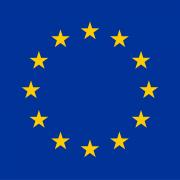
This publication contains the OIV International Code of Oenological Practices sheets –authorised by Commission Delegated Regulation (EU) 2019/934 – describing oenological processes (Table 1 of Annex I to the EU Regulation) and oenological compounds (Table 2 of Annex I).
Drawn up in the 21 languages of the European Union, this publication of the OIV International Code sheets is a highly significant development in terms of the recognition and application of the public international OIV standards for wine production.
The International Code of Oenological Practices is published annually by the OIV. It is a compilation of all OIV resolutions on definitions of vine products, and on the oenological and production practices permitted for each of these products.
Among the OIV Member Countries, 20 are members of the European Union, which has had special observer status of the OIV since 2017.
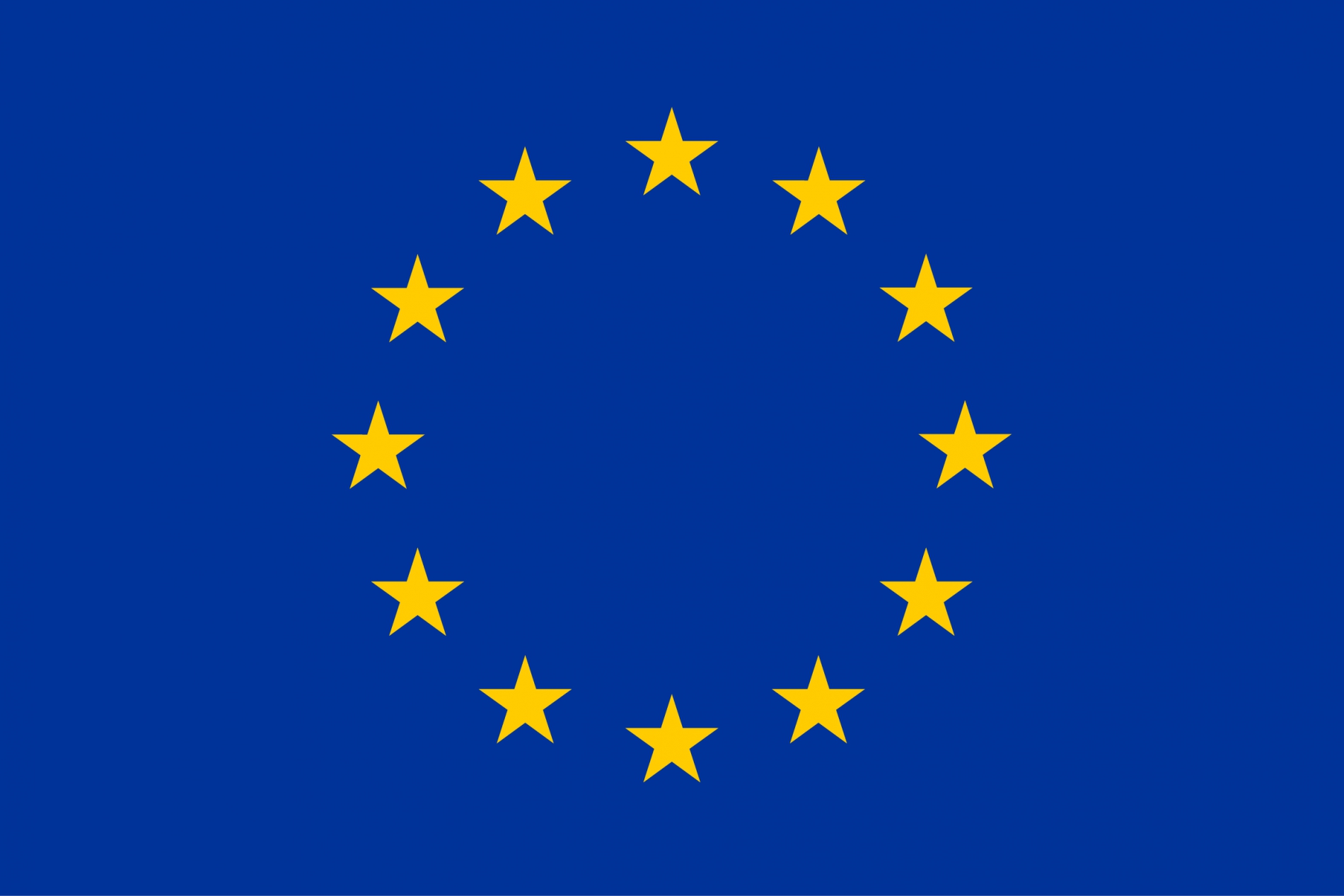
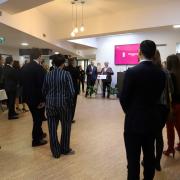
In the presence of OIV Vice-President Monika Christmann, OIV Director General Pau Roca presented the Organisation’s commitments for the new year to representatives from the Diplomatic Corps, administrations and professionals in the vitivinicultural sector.
This was a first in the OIV’s new premises, which are “practical, modern headquarters for a transitory period. The definitive headquarters should not simply remain as offices for a Secretariat, but should be the International Centre of the Vine and Wine World,” said Pau Roca.
The Director General recalled the importance of the OIV as “an organisation that brings together nearly 750 experts who represent a wealth of knowledge and wisdom, a collective that is continually renewed, through national delegations that are prepared to get involved, provide responses, and suggest solutions to vine- and wine-related problems.”
“We can be proud of progress made on projects such as input reduction”
In his speech, Pau Roca cited climate change and the need to ensure safe international trade as the most important issues for the wine and vine-based product sector.
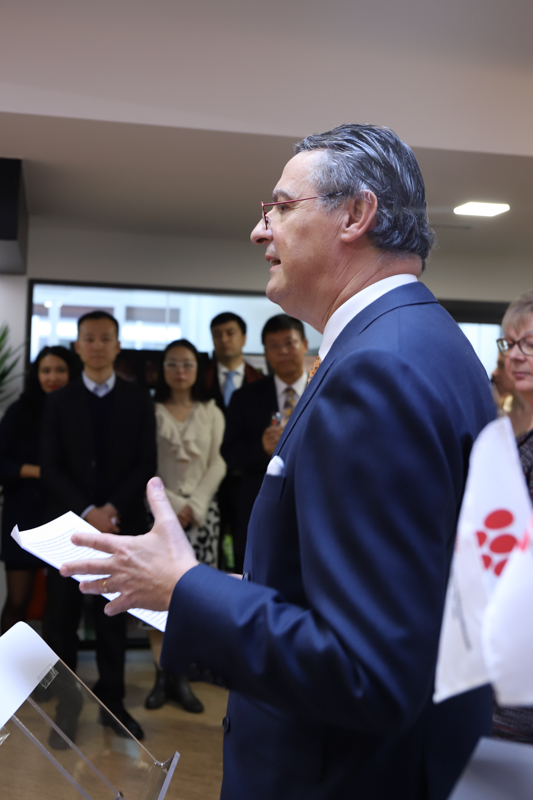
“Unfortunately, our own countries recently failed to reach an agreement at the COP25 in Madrid. However, this doesn’t mean that we are not making concrete progress, particularly within more specialised groups. Last week for example, as part of the “4 per 1000” initiative, I was delighted to see how many projects have made progress in this respect, projects that can really go a long way in providing an answer to carbon sequestration in soils,” the Director General highlighted.
In this sense, Pau Roca emphasised the role of the OIV: “we can be proud of progress made on projects set this year such as input reduction and soil characterisation by genetic techniques, which have opened our eyes about a previously unknown world of microorganisms, among other things.”
With regard to international trade, the Director General declared that it is vital commercial relationships remain fluid. “It is regrettable that some countries may put up trade barriers when at the OIV we offer harmonised standards; it is also unfortunate when some States suddenly set tariff increases due to other non-wine-related conflicts: wine should not be a currency,” the Director General stated.
The OIV set a roadmap in 2019 aligned with sustainable development objectives
The Director General remarked on how “the OIV has again demonstrated the vitality of its activities this year.” For example, the Organisation has participated in important international meetings such as those with the Codex Alimentarius, where the Organisation was strengthened by the intergovernmental representativeness of the vitivinicultural sector. The OIV was also present at over 50 events held under its high patronage, including competitions or scientific symposia.
During the October 2019 General Assembly, the OIV also approved its new Strategic Plan, which will come into force for 2020-2024. As such, “for the OIV, the year 2020 is set to be full of opportunities for the projects we have identified, which are perfectly aligned with the axes of the Strategic Plan, and with the principles and values that make viticulture a phenomenon present in all aspects: social, economic, cultural and environmental,” the Director General commented.
“For the 43rd World Congress of Vine and Wine on 23-27 November 2020, we will travel to Chile, one of the countries most active in the international wine trade and that is involved in research into problems of resistance and combating vine decay,” Pau Roca reported.
After Pau Roca’s speech, the OIV’s commitments for the New Year led to numerous discussions. These were fostered and enlivened by a tasting of still and sparkling German Riesling, produced at Geisenheim University by Vice-President Monika Christmann, and of Swiss wines – serving as a reminder of the hugely successful 42nd world Congress of Vine and Wine organised in Geneva in July 2019.
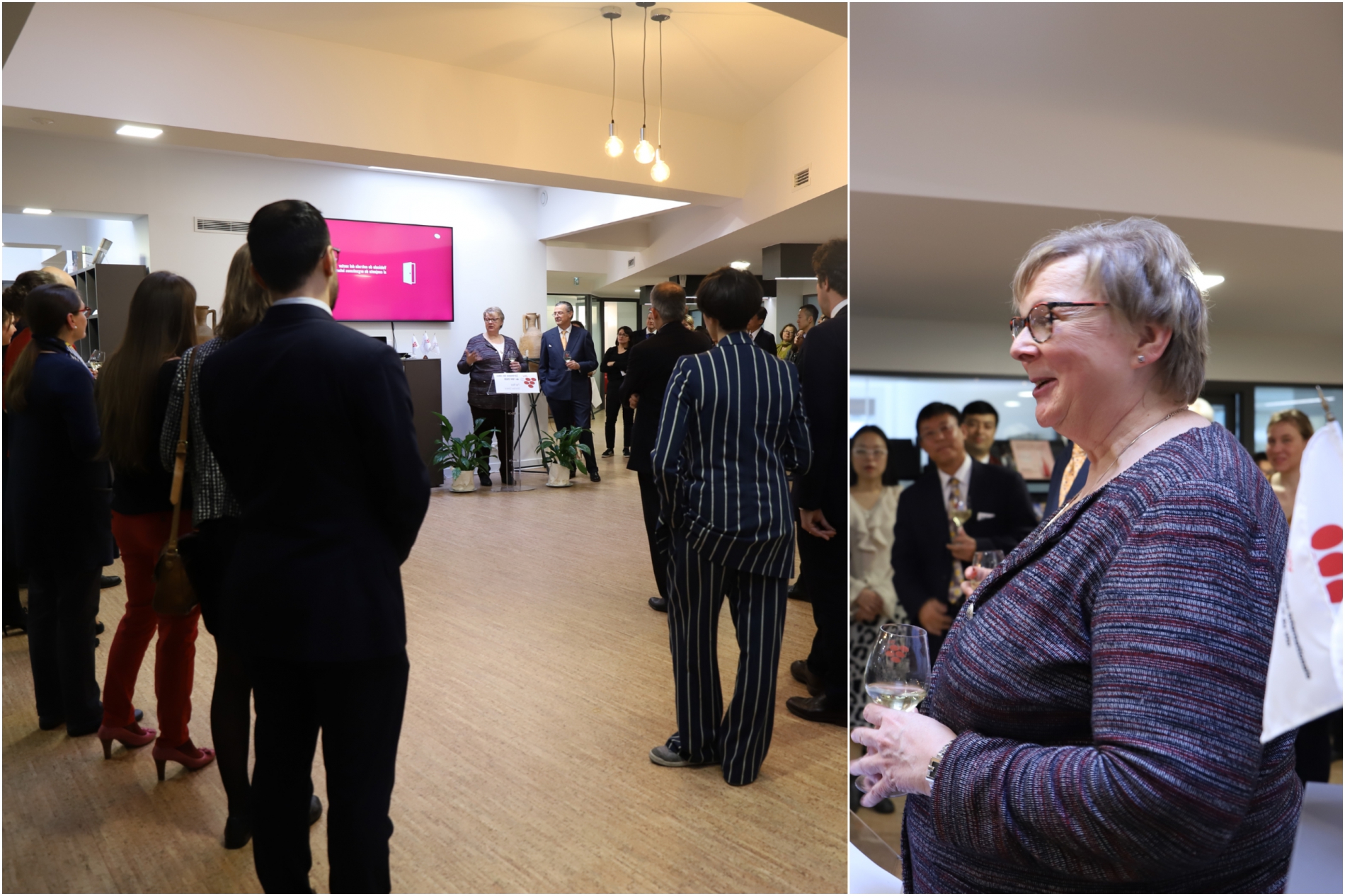
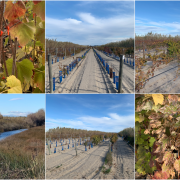
The Grapevine Biological Resources Centre (CRB-Vigne), an experimental unit of the French National Institute for Agricultural Research (INRA), was started 140 years ago in Montpellier and is now composed of 8,000 accessions from all vine-growing countries. It preserves a great diversity of vine varieties in addition to rootstocks, hybrids and species related to Vitis vinifera. It is in fact dedicated entirely to the preservation, characterisation and development of grapevine genetic resources.
As part of the work being advanced by the OIV GENET – Genetic Resources and Vine Selection – Expert Group, which belongs to the “Viticulture” Commission (see the OIV Scientific and Technical Committee organisation chart), representatives of the Organisation visited the Vassal-Montpellier CRB-Vigne.
In particular, OIV Director General Pau Roca, GENET Group President Luigi Bavaresco, and “Viticulture” Unit Head Alejandro Fuentes Espinoza were able to meet Cécile Marchal, Director of CRB-Vigne, and experts Jean-Michel Boursiquot (Montpellier SupAgro, UMR AGAP) and Thierry Lacombe (INRA Montpellier, UMR AGAP).
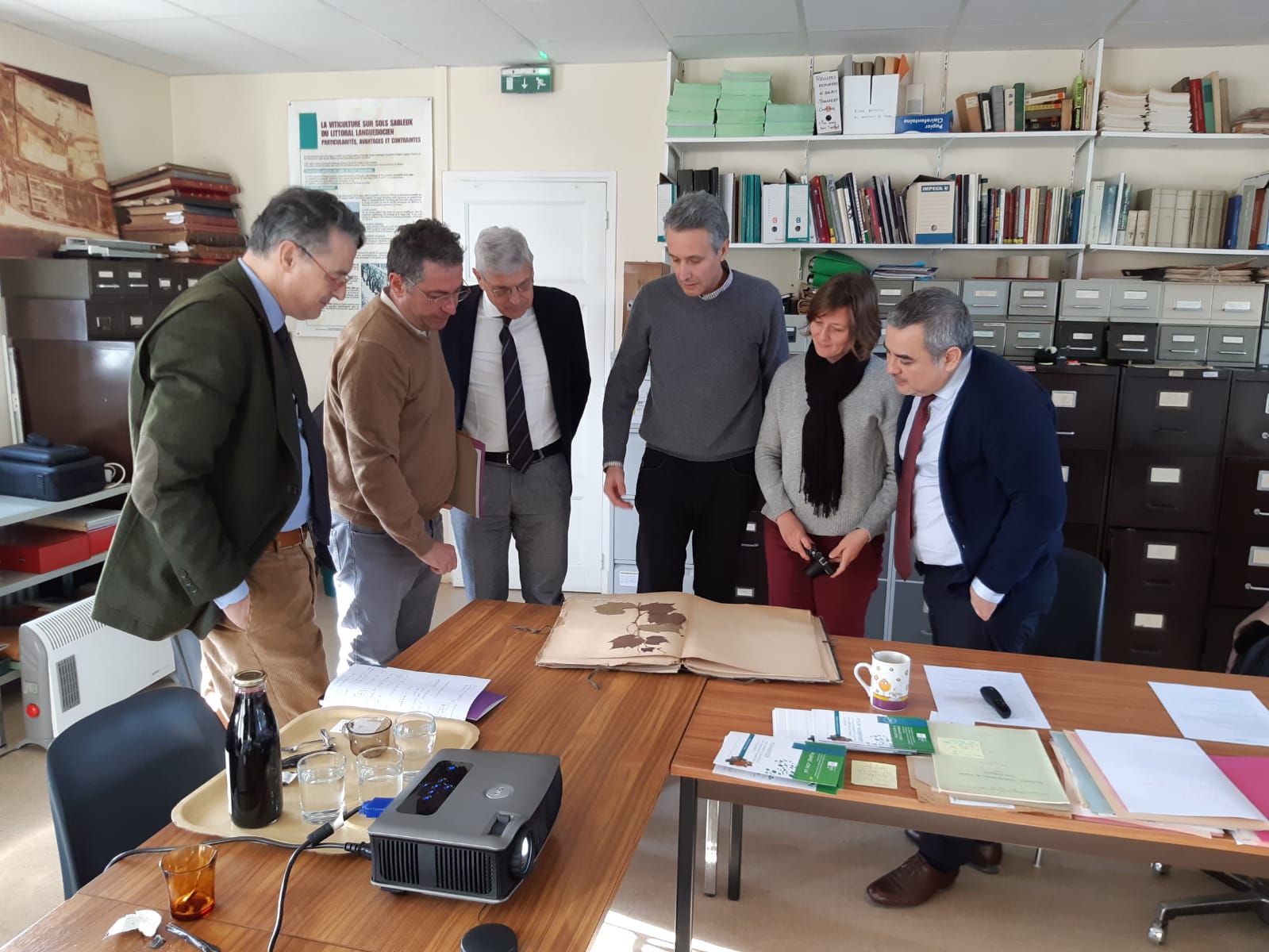
Standing together on the preservation and protection of the global genetic heritage of grapevines
The objectives of CRB-Vigne are also a priority for the OIV, specifically with regard to certain actions undertaken by the “Viticulture” Commission, through its GENET Expert Group.
During the visit, the vital role that the OIV must play in the preservation and protection of grapevine genetic heritage at the international level was raised.
In this sense, several points were brought up:
- Vitis vinifera subsp. sylvestris or Lambrusco. This subspecies, regarded as the ancestor of Vitis vinifera, is classified as protected in France, since it is considered endangered. It is also at risk of disappearance in other countries. Lambrusco plays the role of a genetic reservoir, which today is vital for the maintenance of biological diversity in vineyards worldwide, particularly in the face of disease and/or their adaptation to future climate shocks. The OIV is thus contemplating carrying out an action to promote the maintenance and preservation of Lambrusco internationally.
- Also with the objective of preservation, the OIV should play an essential role in the maintenance/preservation of documentary resources for ampelographic collections at the global level. The OIV is also considering an action that will allow the format of documentary resources for ampelographic collections to be adapted to new practices related to the digital revolution, in order to facilitate access to all of this knowledge, and thus offer new opportunities to actors in the field.
- Last but not least, the final point raised was the action under way within the GENET Group relating to OIV descriptors for the Vitis species. Historically a scientific and technical leader in the description of Vitis varieties, the OIV is currently updating these descriptors.
The description of varieties and ampelography in particular remain a fundamental tool in the viticulture field, giving different actors in the vitivinicultural sector a better choice of productive varieties with which to face up to new environmental challenges and climate change.
The Director General hopes that these actions become a major priority for the OIV and the “Viticulture” Commission, in a sector that now needs more and more diversified tools and responses on different scales to continue its development.
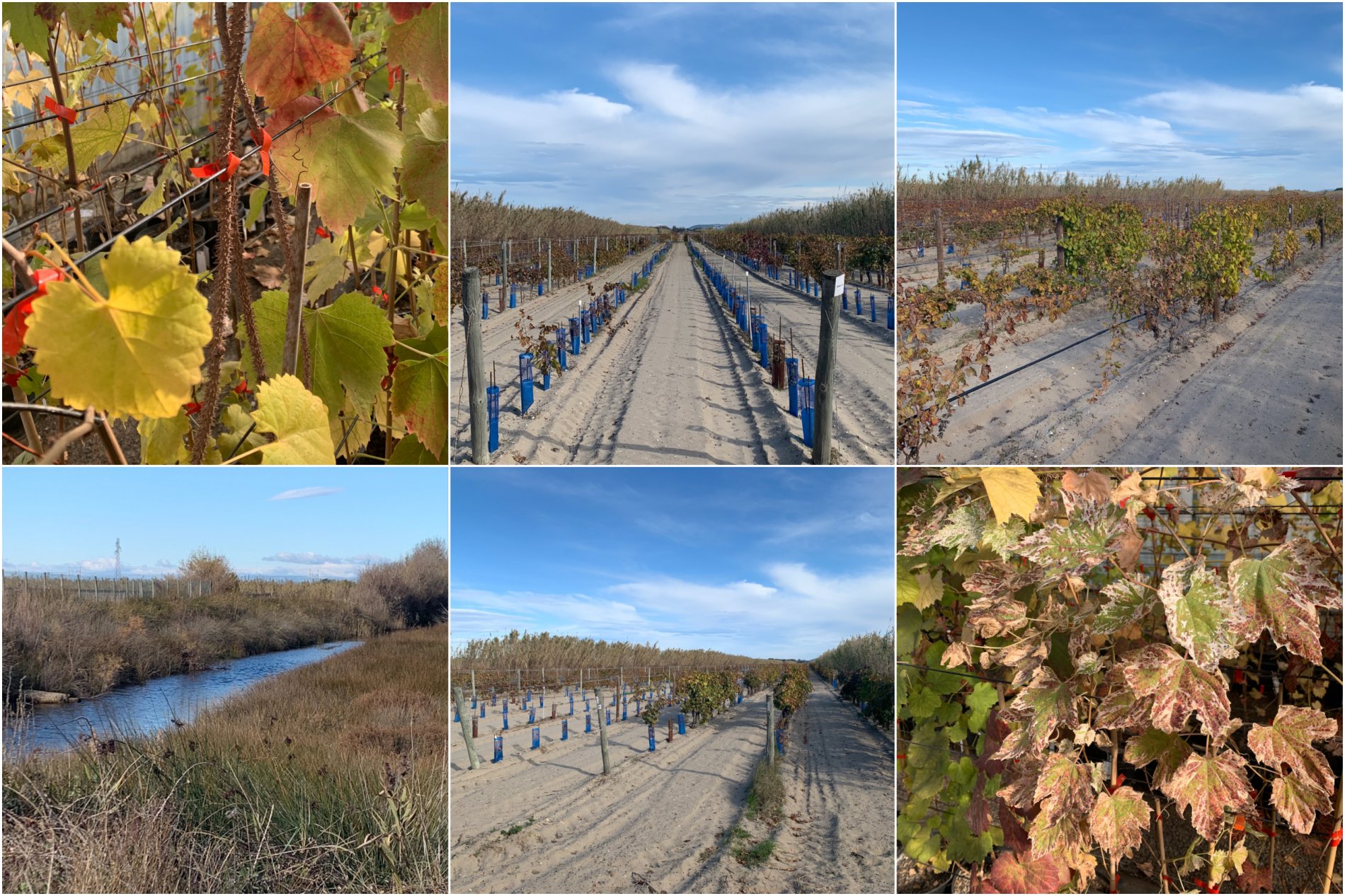
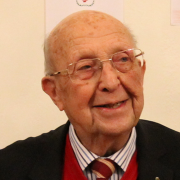
In 2016, he was presented with the OIV Grand Prix Award in recognition of his exceptional work. This tribute to the author of the Dictionnaire encyclopédique des cépages et de leurs synonymes (Encyclopaedic dictionary of vine varieties and their synonyms) symbolises the OIV’s acknowledgement of his contribution to the dissemination of knowledge of the wine sector and the role of ampelography in the development of viticultural sciences.
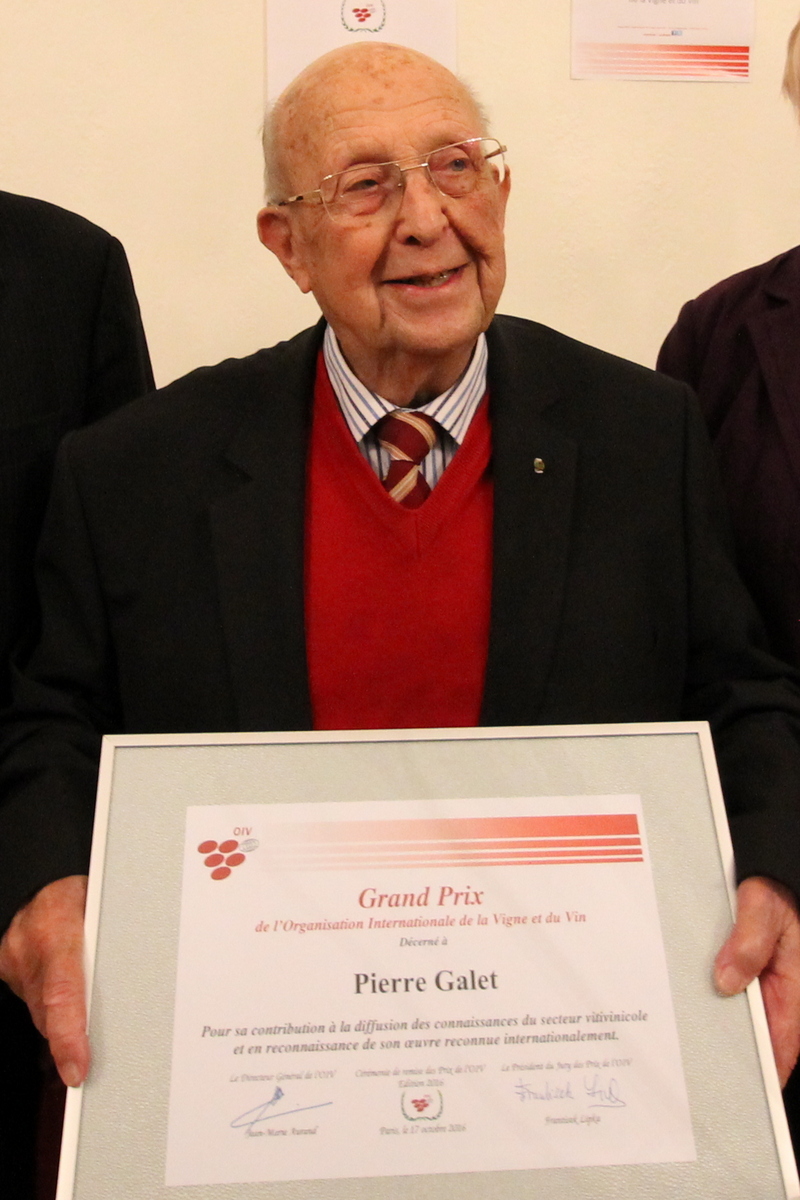
His astounding memory and scientific knowledge have repeatedly drawn the utmost admiration from numerous researchers, who have been able to access this extraordinary wisdom through his internationally renowned work:
1947 - Istanbul, Turkey: honorary diploma for the book written with Henri Agnel, Les Porte-greffes (Rootstocks).
1953 - Rome, Italy: Jury Award in the “Viticulture” category for his book, Précis d'ampélographie pratique (Handbook of Practical Ampelography).
1963 - Paris, France: Jury Award in the “Viticulture” category for his book, Cépages et vignobles de France (Vine varieties and vineyards of France), tomes 1 & 2.
1979 - Stuttgart, Germany: “Viticulture” Award for his book Les Maladies et les parasites de la vigne (Vine diseases and parasites), tome 1.
1983 - Johannesburg, South Africa: Jury award of special recognition in the “Viticulture” category, with a silver medal, for the collective body of his work.
2001 - Adelaide, Australia: Jury “Viticulture” Award with a silver medal for his book, Cépages et vignobles de France (Vine varieties and vineyards of France), 2nd edition, tomes 1 & 2.
2006 - Paris, France: Jury Award in the “Viticulture” category for his book, Cépages et vignobles de France (Vine varieties and vineyards of France), 2nd edition, tome 3 (2 volumes).
2016 - Paris, France: OIV Grand Prix Award for his contribution to the dissemination of knowledge of the wine sector and in acknowledgement of his internationally recognised work.
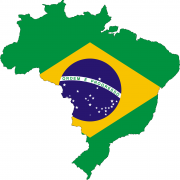
The main objectives of this revision – as stated by Brazil – were to prevent deceptive practices and protect consumers, to protect people’s health, and to define requirements regarding the quality and safety of food products.
After its notification to the WTO, this revision of the export regulations raised serious concerns among professionals in the sector. There was still, indeed, uncertainty about whether analytical values for each parameter had to be provided on the exporter’s certificate of analysis for every product being brought onto the Brazilian market.
Operators in the sector were worried about the considerable increase in costs of the analyses required as of 15 December 2019 to export wines to Brazil. A number of countries did not have the capacity to carry out some of these analyses.
Any ambiguity has now been lifted following the publication in the Brazilian Official Journal of Normative Instruction No. 75 of 31 December 2019, which specifies the control procedures and also indicates the official document upon which the implementation of the new measure is to be based (Norma Operacional 01 de 24 de janeiro de 2019). The annex to this standard provides a summary table for each product type with the analytical parameters, their maximum and minimum permitted limits, and the measurement requirements at different control stages.
The OIV Secretariat has drafted a summary note on the cycle of revision of the export regulations for wines and vine-derived products in Brazil [here].